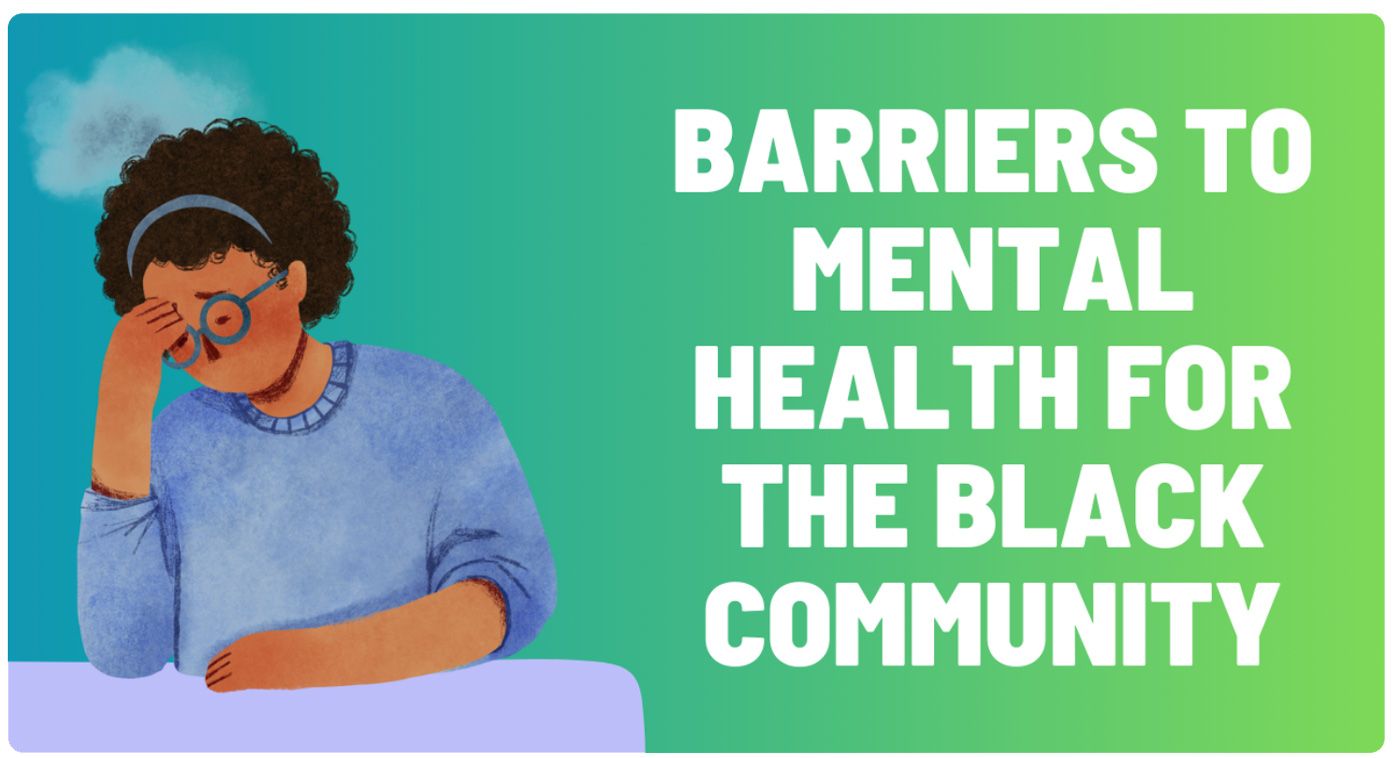Advocating for Equity: Addressing Mental Health Disparities in Black Communities

Understanding the Disparities:
Historical, socioeconomic, and cultural factors play a major role in the complex disparities in mental health that exist in Black communities. According to research, Black people are more likely than white people to experience mental health concerns. Regardless, they are less likely to seek and receive appropriate mental health care. The stigma associated with mental illness in Black communities is a big obstacle. Past experiences of discrimination, racism, and injustice have fueled a widespread culture of shame and silence around mental health. Since asking for assistance is sometimes interpreted as a sign of weakness or failure, many people choose to suffer in silence rather than get help.
Factors Contributing to Disparities:
Several intersecting factors contribute to mental health disparities in black communities.
- Socioeconomic Inequality:
- Black people experience higher rates of poverty, unemployment, and limited access to high-quality healthcare.
- Socioeconomic stressors increase mental health problems and provide additional challenges to getting treatment.
- Systemic Racism in Healthcare Settings:
- When black people seek medical care, they face racism and discrimination. Systemic racism has caused mistrust and unwillingness to establish relationships with healthcare providers.
- The underrepresentation of black mental health practitioners makes culturally competent care more challenging to come across.
- Cultural Factors:
- Black people are reluctant to embrace mainstream treatments due to cultural differences.
- The lack of culturally sensitive mental health services further alienates Black individuals from seeking help.
Advocating the Change:
Addressing mental health disparities in Black communities requires a comprehensive, diverse strategy that addresses underlying causes and supports equal access. Here are a few strategies to advocate change:
- Destigmatizing Mental Illness
- Increasing Access to Care
- Promoting Diversity in the Mental Health Workforce
- Collaboration and Community Engagement
Conclusion:
Addressing the underlying disparities and challenges that significantly affect Black communities is necessary to achieve equity in mental health care. By addressing stigma, increasing access to care, and developing cultural competency, we can strive toward a future in which all people, regardless of race or ethnicity, have equal opportunity to improve their mental health. We can establish a more equitable and accessible mental health system for everyone by working together and with constant commitment.











